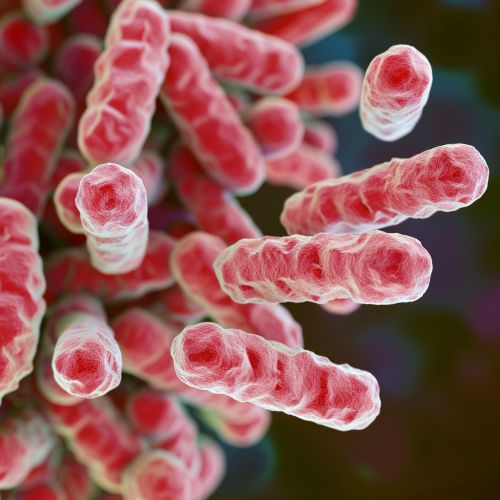Acetobacter
Overview
Acetobacter is a genus of acetic acid bacteria characterized by the ability to convert ethanol to acetic acid in the presence of oxygen. This process, known as acetic acid fermentation, is exploited in the production of vinegar and other fermented products. Acetobacter species are Gram-negative, rod-shaped, and are typically found in environments where ethanol is present.
Classification
The Acetobacter genus belongs to the family Acetobacteraceae, within the class Alphaproteobacteria. It was first described by German botanist and microbiologist F.W. Zopf in 1890. The genus currently includes several species, such as Acetobacter aceti, Acetobacter pasteurianus, and Acetobacter pomorum, among others.


Physiology
Acetobacter species are obligate aerobes, meaning they require oxygen to survive. They are also acidophilic, or acid-loving, and can tolerate and thrive in acidic environments. This makes them particularly well-suited for the production of vinegar, which is an acidic product.
Metabolism
Acetobacter species are known for their ability to oxidize ethanol to acetic acid, a process known as acetic acid fermentation. This is a two-step process: first, ethanol is oxidized to acetaldehyde by the enzyme alcohol dehydrogenase, and then acetaldehyde is further oxidized to acetic acid by the enzyme aldehyde dehydrogenase.
Industrial Applications
Acetobacter species play a crucial role in the production of vinegar. During the fermentation process, they convert ethanol, which is present in the starting material (such as wine or cider), into acetic acid. This gives vinegar its characteristic sour taste.
Health Implications
While Acetobacter species are generally considered harmless, they have been associated with rare cases of infection in humans, particularly in individuals with compromised immune systems. However, they also have potential health benefits. For example, some species are used in the production of probiotic products due to their ability to produce acetic acid and other beneficial compounds.
